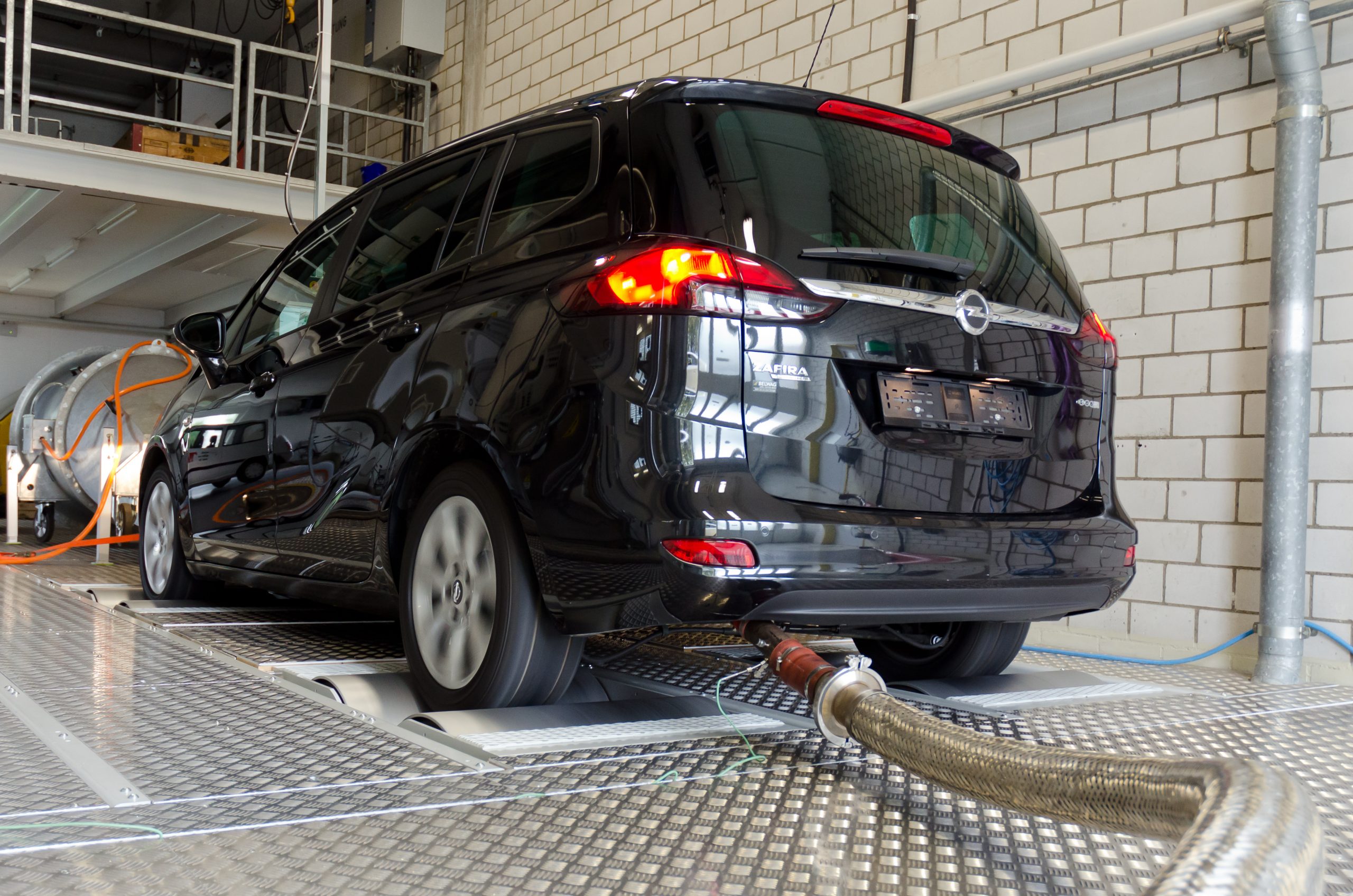
MEPs tell EU: strengthen checks on cars and national regulators
New powers for the European Commission to spot check cars on the road and properly scrutinise national regulators over enforcement of safety and emissions rules have received an overwhelming backing of MEPs. The European Parliament supported a raft of proposals to further strengthen the Commission's original proposal for the reform of vehicles type approval. However, parliamentarians rejected the establishment of an EU testing regulator, which T&E said would have ensured a Dieselgate scandal could never happen again.
Interested in this kind of news?
Receive them directly in your inbox. Delivered once a week.
MEPs did vote to grant unrestricted powers to the Commission to check cars on the road and penalise carmakers who break the rules. They also backed independent audits of national authorities to ensure these enforce the rules rigorously, and more involvement of third parties. A new public online database of test results will also be introduced – boosting transparency. Crucially they rejected an industry-inspired amendment wishing to expand how long cars could be sold after new rules are introduced.
But a proposal to set up an EU Vehicle Surveillance Agency, which would have ended the current discredited system in which national regulators have been captured by their carmaker clients, was voted down by a narrow margin largely due to a horizontal reluctance to set up any new agencies.
T&E’s clean vehicles and air quality manager, Julia Poliscanova, said: ‘It is disappointing that MEPs have rejected the opportunity to make Dieselgate history by establishing an independent agency. Nevertheless the parliament has strengthened the new powers for the European Commission to spot check cars on the road and properly scrutinise national regulators. Overall this is a good package in response to the Dieselgate scandal that has poisoned the air we all breathe.’
National regulators’ failure to enforce the existing rules on defeat devices, and to check vehicles rigorously, was a major factor in the Dieselgate emissions scandal in Europe, according to the European Parliament’s emissions inquiry (EMIS) report. The result of this failure is 29 million dirty diesel cars and vans driving on Europe’s roads today. MEPs also backed the report’s recommendations this week.
Julia Poliscanova concluded: ‘The parliament’s Dieselgate inquiry has shown that the emissions scandal is largely a consequence of national regulators being unwilling or unable to enforce the rules because of the influence of carmakers. Member states should now accept the MEPs’ proposals to strengthen oversight of their work and ensure legislation is enforced uniformly. The economic interests of carmakers cannot be given priority over public health or the law any more.’
Following this week’s vote, the parliament will now enter trilogue negotiations with EU governments and the European Commission in order to reach agreement on reforming vehicle type approval by the end of 2017. More than 70,000 Europeans die prematurely each year from high levels of nitrogen dioxide in cities, according to the European Environment Agency. Carmakers could have prevented many of these deaths by complying with Euro 5 and 6 rules in the real world.
